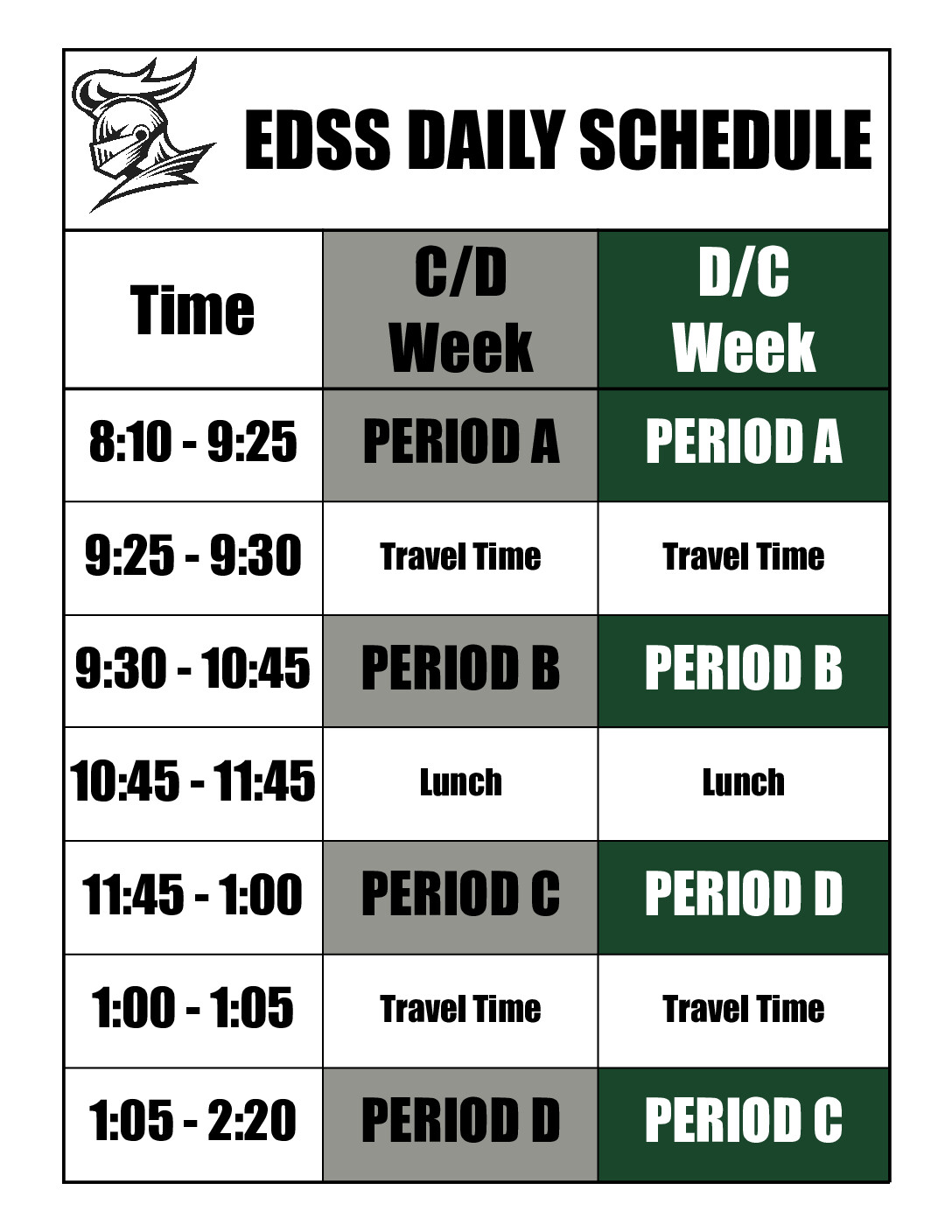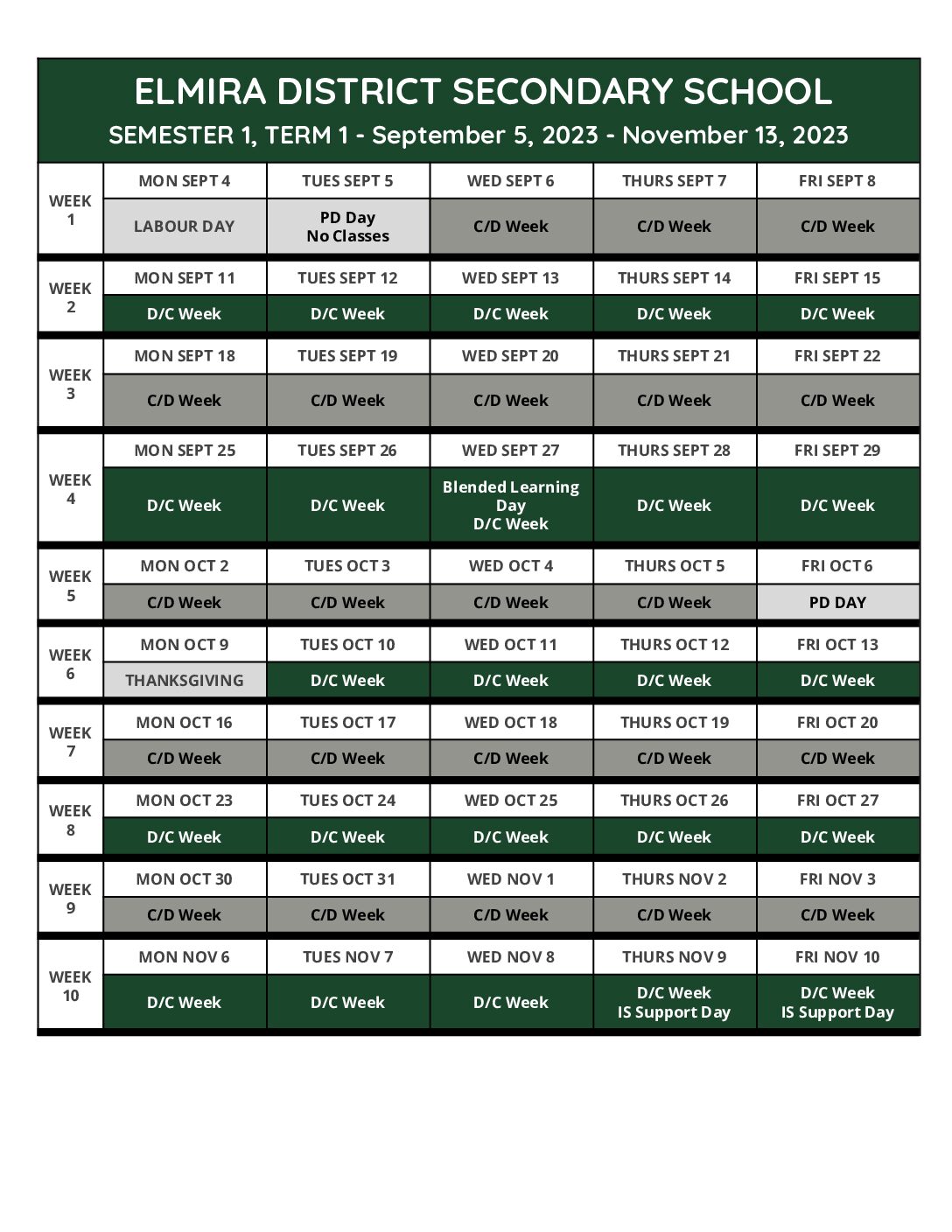Assessment and Evaluation Policies
Plagiarism
To be successful in a course, each student must demonstrate all of the essential skills listed on the course
outline. Accordingly, it is important for each student to do his/her own best work.
Plagiarism is…
taking the work or ideas of another person and offering them as one’s own in oral, written or performance
formatfailing to give credit to the original author or creator
Examples include…
copying directly from a source without acknowledging the source
paraphrasing another person’s work or ideas without acknowledging the source
copying another person’s work
using on-line translators for translation of full sentences and paragraphs (See Languages Department course
outlines for full details)
At EDSS, plagiarism also includes…
re-submission of a student’s work from a previous course or another current course without the teacher’s permission
knowingly lending your work to another student
Consequences of Plagiarism and Cheating…
If a student is suspected of cheating or plagiarizing, the student is still required to demonstrate the essential
skill(s) for that particular assignment. The student may be required to redo all or part of the original
assignment, or to complete an alternate assignment or assessment as determined by the teacher. Failure to do
so will result in an “incomplete” for the essential skill(s) particular to that assignment or assessment and will
jeopardize the credit.
Plagiarism and cheating on a final summative assessment will result in an “I” (Incomplete) for that assessment, and will jeopardize the credit.
There will be other consequences as determined by administration (e.g. recorded in the office plagiarism
binder, limited access to school awards or scholarships, suspension, etc.) as per the school’s progressive
discipline process.
Tags: Courses


